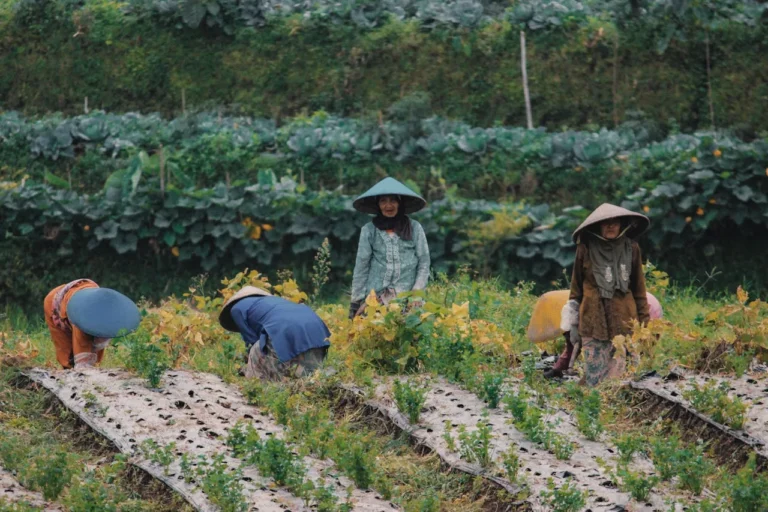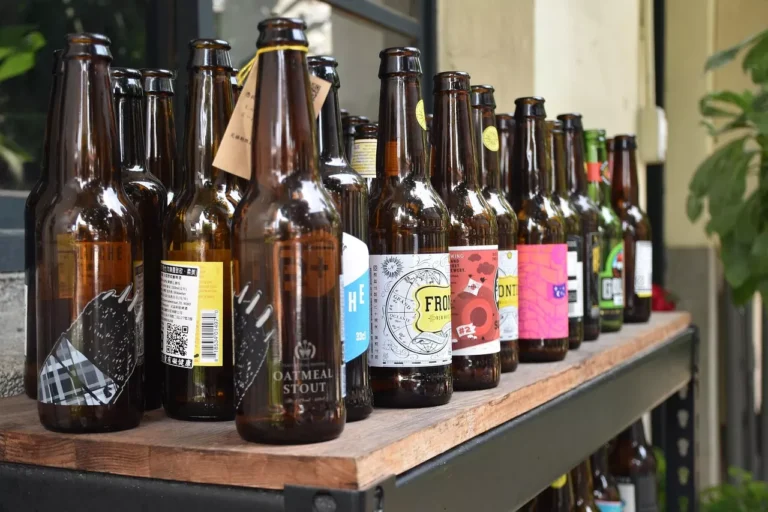
The Sustainable Shea Initiative (SSI) has introduced a novel beekeeping venture in collaboration with private sector firms Koster Keunen and Bunge, along with the NGO Karifemme, the Global Shea Alliance, and local agribusiness organization SIFCA. Karifemme, dedicated to enhancing the socio-economic empowerment of rural women, oversees the project and promotes community involvement. Working closely with Koster Keunen and SIFCA, Karifemme facilitates the project, while Bunge, a major shea product buyer, supports cooperatives with tools and equipment. Funding for the project is provided by USAID through SSI and the International Labour Organization.
In an extensive training program launched in March, 50 individuals from six villages in northern Ivory Coast received instruction in various aspects of beekeeping entrepreneurship, covering topics such as general bee information, equipment usage, hive setup, and honey and beeswax harvesting. The project aims to train a total of 150 people from 12 communities. Ongoing support will be provided to participants in the next phase of the project, with harvesting scheduled for November, December, February, and March.
Due to the perceived danger of bees, men in the communities manage the hives and handle honey and beeswax harvesting, while women process and sell these products. Beeswax is sold to Koster Keunen, ensuring a reliable supply chain, while honey is sold locally. Currently, there are 187 operational hives, projected to increase to 250 by the project’s end. Each hive is expected to produce 1.2 kg of beeswax and 20 kg of honey, resulting in an estimated income of 107,000 FCFA or US$200 per household.
The beekeeping project yields benefits for all stakeholders involved, including environmental gains. Women acquire new skills and knowledge, generating income for their daily needs, children’s school fees, and family healthcare. Koster Keunen secures a steady beeswax supply, Bunge establishes a business relationship with women cooperatives for shea nuts, and the project enhances the transparency and traceability of the shea supply chain. Additionally, the project positively impacts biodiversity by supporting bees that pollinate the region’s flora and fauna




